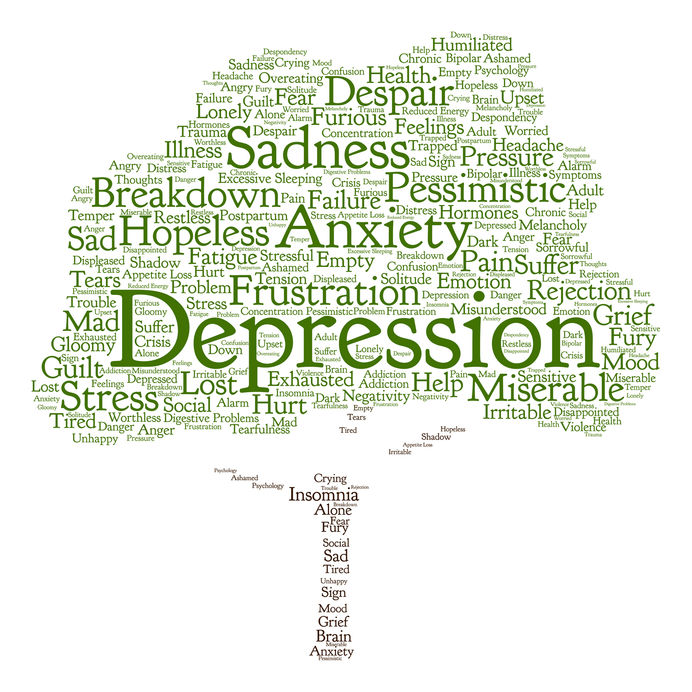Fear of Failure
October 24, 2014Turn A Phrase
November 7, 2014Procrastination is the practice of carrying out less urgent tasks in preference to more urgent ones, or doing more pleasurable things in place of less pleasurable ones, and thus putting off impending tasks to a later time, sometimes to the “last minute” before the deadline.
Procrastination typically involves some type of “diversionary” action. One often hears the words: “I’ll fix the problem later.” This can become such an automatic, complex, problematic habit that it creates intense negative emotion. Procrastination leads to feelings of self-defeat, a lessening of self-confidence and an increase in anxiety and/or depression.
Procrastination, alcoholism, drug abuse and other addictions all appear to involve difficulty in dealing with unpleasant feelings, an inability to tolerate tension, and a desire to take the easy road in managing life stressors. People who get into the vicious loop of procrastination and addiction will have a tendency to follow the path of “least resistance”. It is easier to deal with the “issue” later and accept the “gratification” now. This action works to solidify these two self-defeating problems and the cycle continues.
Some simple techniques to begin to manage the cycle include:
- Prepare yourself mentally by thinking of these three things: when, not if; the price of delay; and positive thoughts
- Learn to tolerate discomfort
- Watch for mental self-seductions (“I’ll do it tomorrow.” “I deserve a break.” Etc.)
- Dispute mental diversions (ex: “I really don’t have much time left and other things are sure to come up later.”)
- Overcome the fear of failure – get an accurate picture of what success means to you
“The best way to get something done is to begin.” – Anonymous

